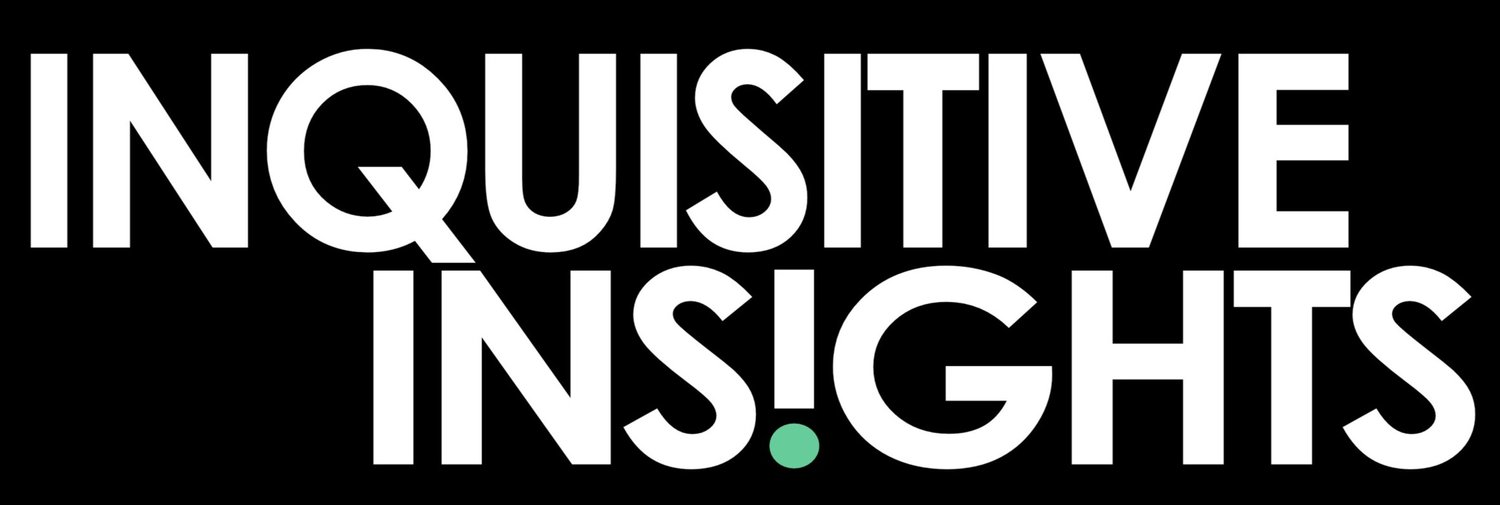Exploration vs. Validation (and why you need to know the difference)
Learning how to bake bread is different than deciding which kind of bread is your favorite. Researching destinations for your next vacation is different than trying to find the cheapest airfare to get you there. In each scenario, you have different questions and need different answers.
Same goes for custom research. “We’re losing market share and need to innovate ASAP!” makes for a drastically different project than “We need to know which design best resonates with our target audience.”
“What problem are we trying to solve?” is one of the first questions we ask clients. It’s more than just a quick way to understand our objective, it’s also a way for us to determine what type of research we need to do.
Generative research seeks to discover and explore new ideas. Evaluative research seeks to validate work that has already been done. Both types of research are valuable. If researchers ran the world, every organization would do both.
When the goal is to explore new ideas, we employ generative research approaches that allow us to collect large amounts of unstructured input from people. The idea is that we want to understand the landscape of potential opportunities without the constraints of pre-existing assumptions.
This could be as simple as conducting one-on-one interviews or as in-depth as designing a mobile ethnography. And the ground we cover could be as broad as asking how daily life has changed since becoming a parent, or as specific as observing the way that people shop for cereal. The overarching premise is that there is no right or wrong outcome - we’re learning about real life and extracting insights that lead to new opportunities. These types of studies typically occur at the beginning of a strategic process.
Evaluative research, on the other hand, comes later in a project, after many smart people have already done the work to arrive at a tangible idea or product (ideally based on generative research earlier in the process). Our job is then to capture insight on whether that idea or product is likely to be successful.
Because evaluative research seeks to validate an idea, we use more structure and a tighter focus. With creative testing in particular, we’re often trying to determine whether one idea is more likely to be successful than another so we have to be able to compare responses. In these cases, we often employ narrowly-focused surveys or A/B testing, where choices are limited and we can anticipate the range of possible answers. Validation studies are typically shorter in duration than generative studies.
Trying to determine which research approach is right for your project? Check out our free guide: Choosing the Right Research Approach for 2022.

